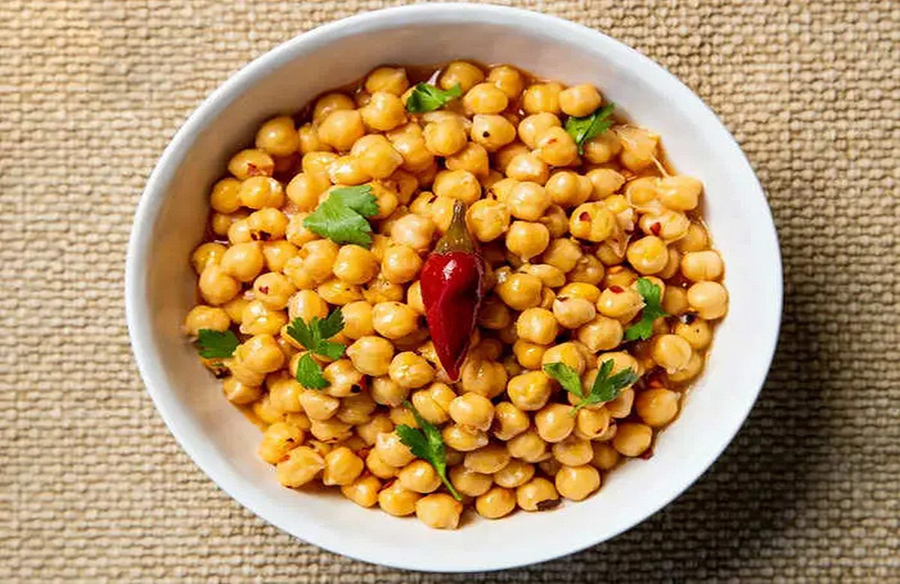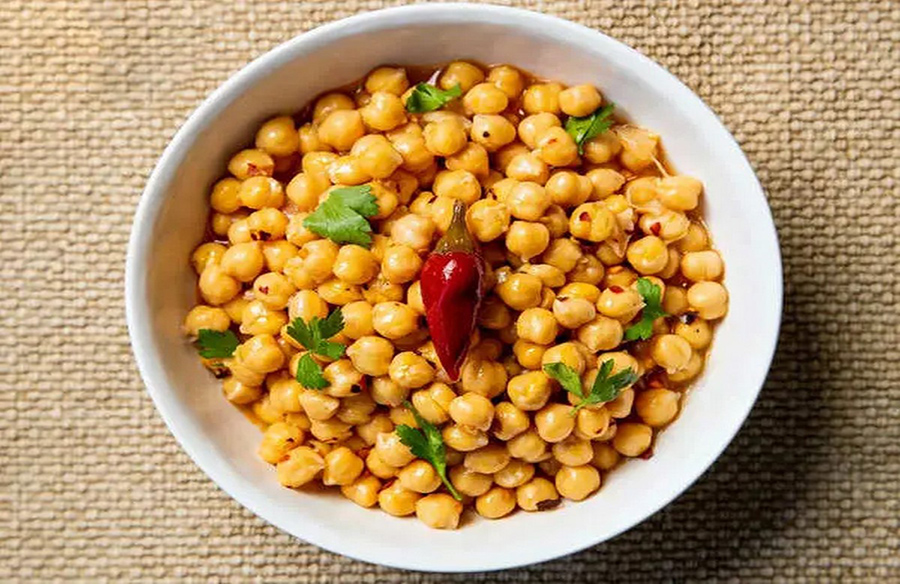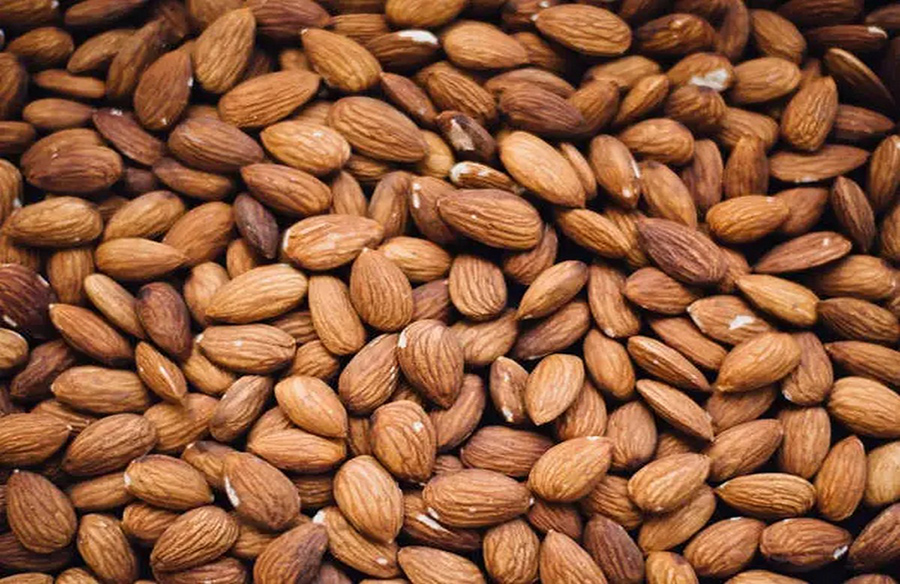Maintaining heart health is paramount for overall well-being, especially considering that cardiovascular diseases (CVDs) persist as the leading cause of death globally. Fortunately, many heart-related issues are preventable through lifestyle modifications, particularly dietary adjustments. Here, we delve into ten food habits and diet changes that can significantly contribute to heart health and disease prevention.
Embrace a Plant-Based Diet
Fruits, vegetables, whole grains, nuts, and seeds constitute a plant-based diet, which has been associated with reduced risks of heart disease. These foods are rich in fiber, antioxidants, vitamins, and minerals, helping to lower inflammation, cholesterol levels, and blood pressure.
Limit Saturated and Trans Fats
Processed foods, red meat, butter, and fried foods contain saturated and trans fats, which elevate LDL (bad) cholesterol levels and increase heart disease risk. Opt for healthier fats found in avocados, nuts, seeds, and olive oil to support heart health.
Choose Lean Protein Sources
Incorporate lean protein sources such as fish, skinless poultry, legumes, and tofu into your diet. These options are low in saturated fat and aid in maintaining muscle mass while reducing the risk of heart disease.
Monitor Sodium Intake
Excessive sodium consumption can elevate blood pressure, a significant risk factor for heart disease. Limit processed and packaged foods high in sodium and opt for fresh ingredients seasoned with herbs and spices.
Include Omega-3 Fatty Acids
Fatty fish like salmon, mackerel, and sardines, along with walnuts, flaxseeds, and chia seeds, contain omega-3 fatty acids known for their heart-protective properties. These fats help lower triglyceride levels, reduce inflammation, and support heart health.
Prioritize Fiber-Rich Foods
Fiber promotes healthy digestion, regulates blood sugar levels, and lowers cholesterol, all vital for heart health. Incorporate oats, beans, lentils, fruits, and vegetables into your meals to support heart health.
Be Mindful of Portion Sizes
Overeating can lead to weight gain and increase heart disease risk. Practice portion control by using smaller plates, listening to your body’s hunger cues, and focusing on nutrient-dense foods.
Stay Hydrated
Adequate hydration is crucial for heart health. Choose water as your primary beverage and limit sugary drinks, opting instead for herbal teas and infused water.
Limit Added Sugars and Refined Carbohydrates
Reduce intake of added sugars and refined carbs found in snacks, desserts, and sweetened beverages. Opt for whole grains like brown rice, quinoa, and whole wheat bread.
Practice Moderation and Balance
Moderation and balance are key to a healthy diet. Enjoy occasional treats in small portions while prioritizing nutrient-rich whole foods that support heart health.
By making simple yet impactful changes to your food habits and diet, you can significantly reduce the risk of heart disease and promote overall well-being. Start incorporating these dietary adjustments today to nourish your heart and enjoy a healthier, happier life.










